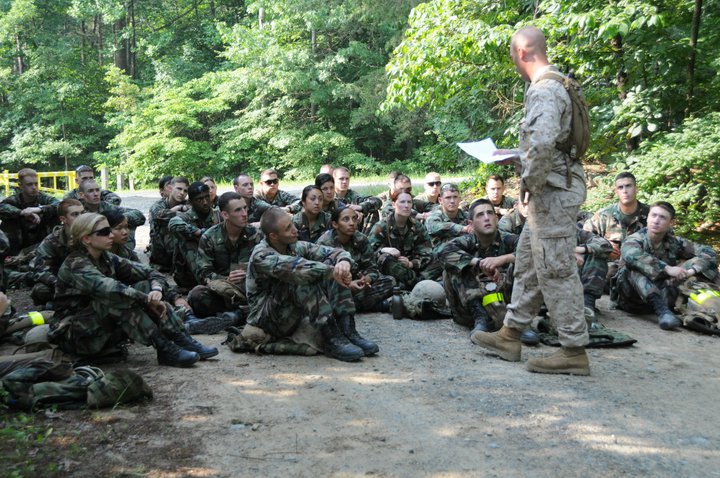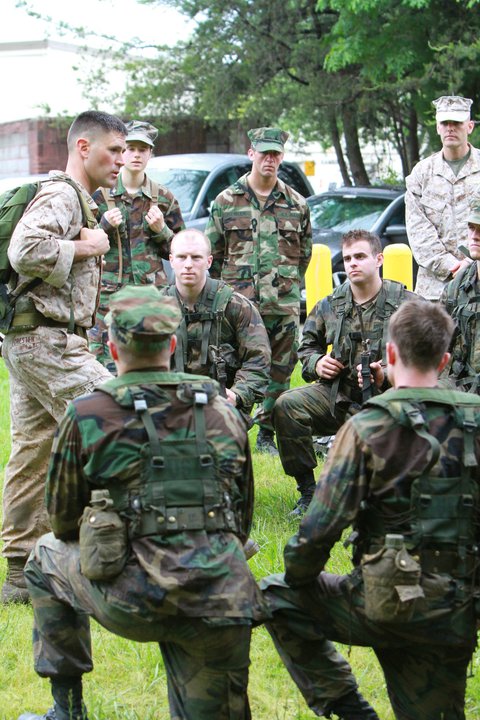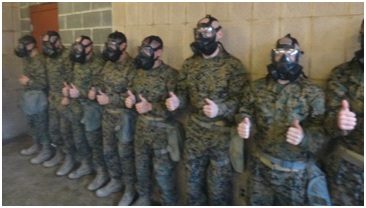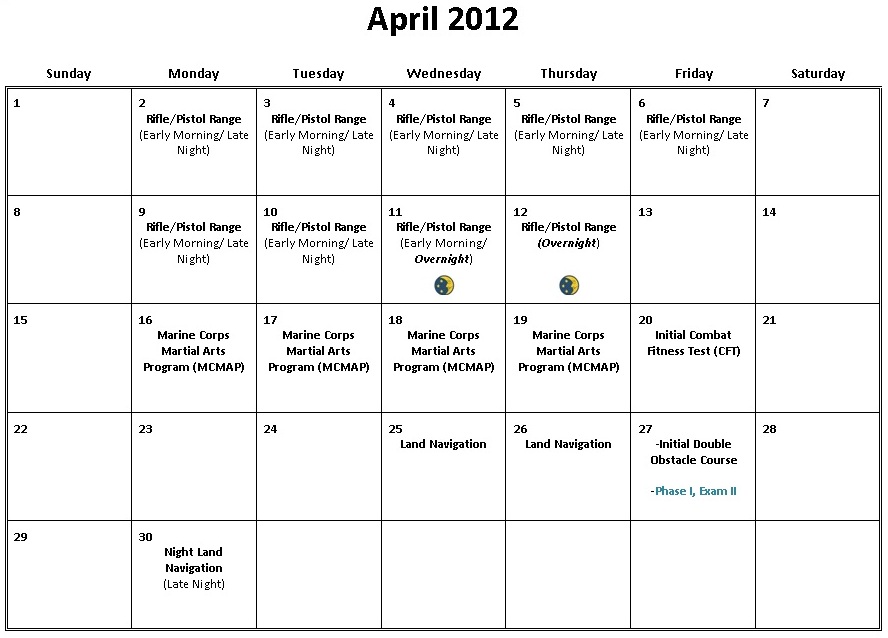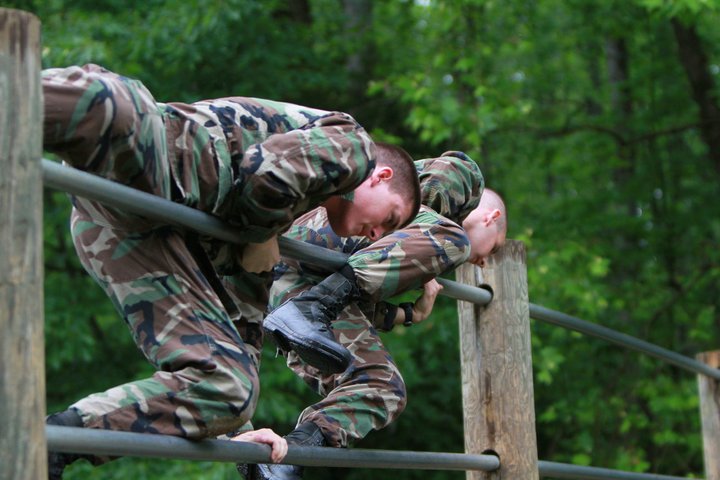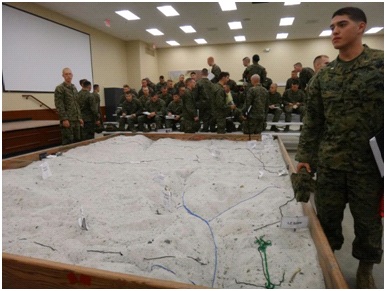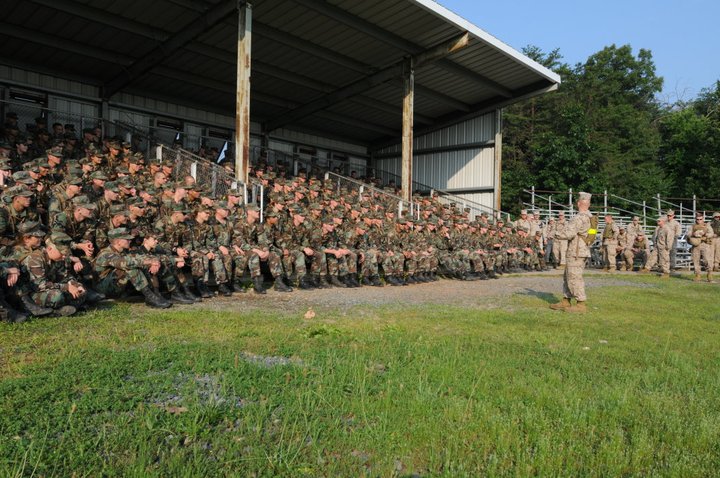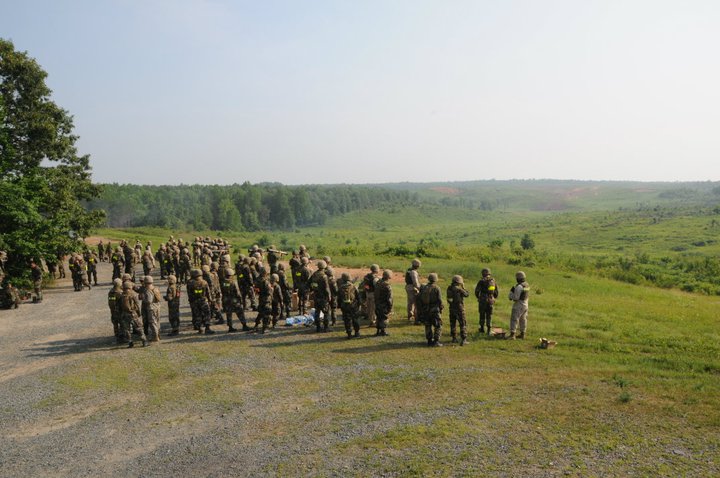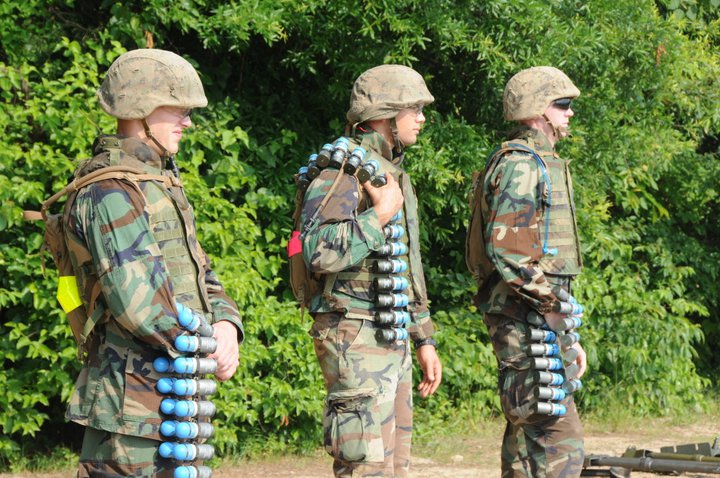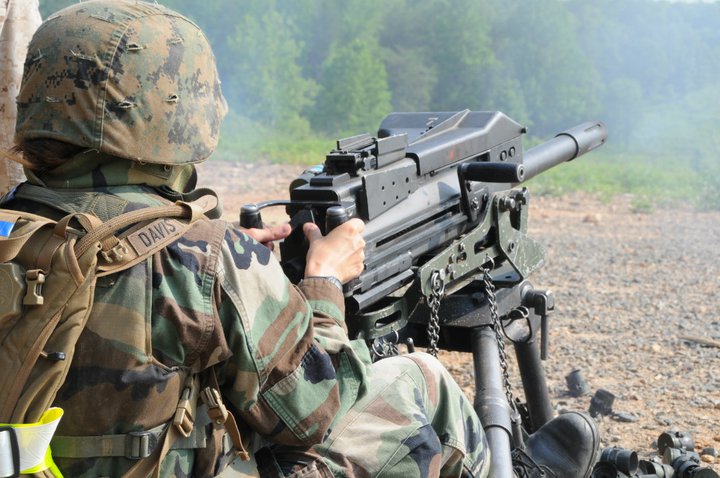14 Mar 2012 ... From "One Bullet Away" by Nathaniel Fick ...
President Harry Truman once said that the Marines had a propaganda machine
second only to Stalin's. He was right. My impression of the Corps, even as a
newly commissioned officer, was one of a lean, mean, fighting force, all teeth
and no tail. I was shocked when my platoon commander, Captain McHugh, told his
assembled lieutenants that only ten percent of us would be infantry officers.
The rest would go to the other combat arms - artillery, amphibious assault
vehicles, and tanks - or to support jobs such as supply, administration, and
even financial management.
McHugh asked us to keep an open mind and learn about each job before deciding
which to compete for. I nodded but knew that only one thing would satisfy me:
infantry officer. I wanted the purity of a man with a weapon traveling great
distances on foot, navigating, stalking, calculating, using personal skill. I
couldn't let a jet or a tank get in the way, and I certainly wasn't going to
sit behind a desk. I wanted to be tested, to see if I had what it takes. The
Marine Corps had recently unveiled a recruiting campaign using the motto
"Nobody likes to fight, but somebody has to know how." It was dropped because
Marines do like to fight and aspiring Marine officers want to fight.
The grunt life is untainted. I sensed a continuity with other infantrymen
stretching back to Thermopylae. Weapons and tactics may have changed, but they
were only accoutrements. The men stay the same. In a time of satellites and
missile strikes, the part of me that felt I'd been born too late was drawn to
the infantry, where courage still counts. Being a Marine was not about the
money for graduate school or learning a skill; it was a rite of passage in a
society becoming so soft and homogenized that the very concept was often
sneered at.
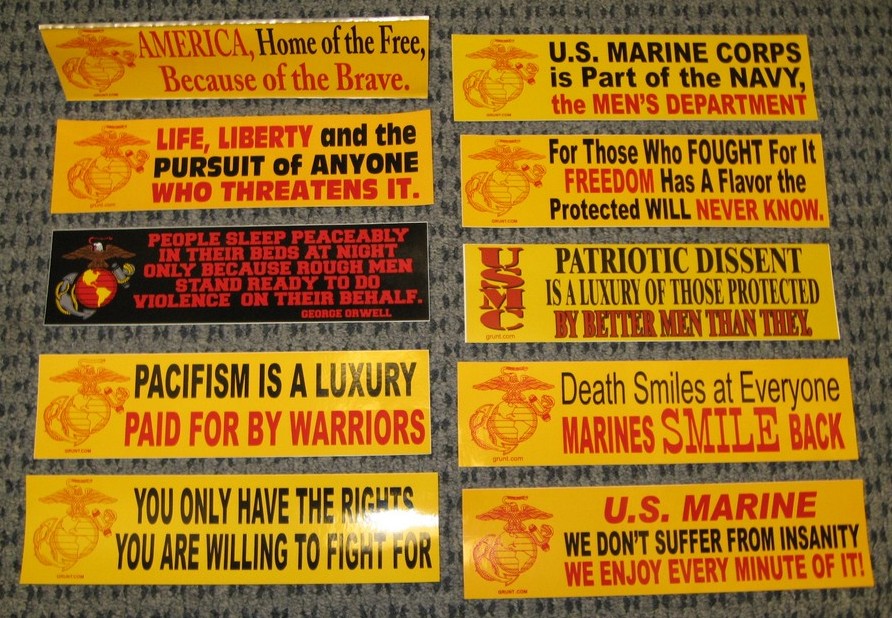
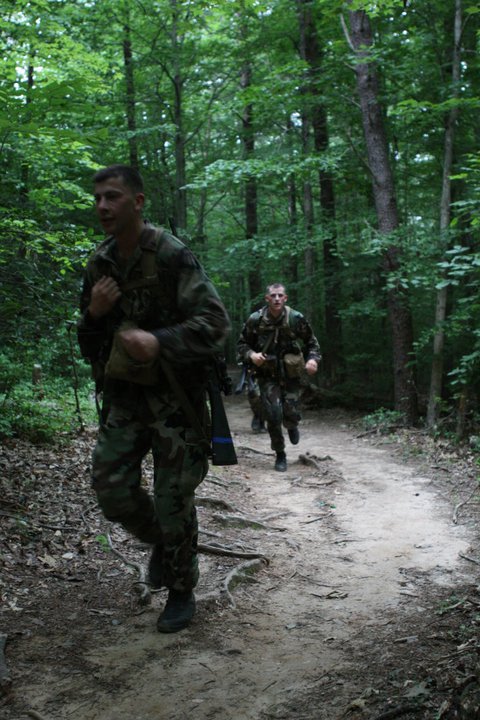

8 Mar 2012 ...
Jake Campbell has gone "to explore strange new worlds, to seek out new life and
new civilizations, to boldly go where no [sane] man has gone before." For the
next 6 months he will be enjoying the "secret family recipe" known as The Basic School
(aka TBS). Putting the "The" in the title is not a function of hubris,
it's so that the acronym wouldn't be "BS". TBS is a tenant of Marine Corps
Base Quantico - located 34 miles SW of Washington D.C.
The book "One Bullet Away - the Making of a Marine Officer" has an excellent
chapter on the author's experience at TBS. I would like to offer a weekly
excerpt from the book so we can vicariously experience the Campbell
pilgrimage.
From "One Bullet Away" by Nathaniel Fick ...
The TBS campus, called Camp Barrett, looks more like a dilapidated community
college than the cradle of the Marine officer corps. On my first Monday
morning, I watched lieutenants hurrying back and forth between classes. They
carried brief bags and plastic coffee mugs, like graduate students. Camp
Barrett's dozen anonymous buildings include two barracks, several classrooms, a
pool, a theater, and an armory, all surrounded by flat expanses of grass that
double as playing fields when not being used as helicopter landing zones.
The compound's only distinctive feature is Iron Mike, a bronze statue of a
Marine holding a rifle in his right hand and waving on unseen men with his
left. It was next to Iron Mike that our class assembled that morning. I stood
by the statue, conscious that I was being intentionally steeped in the history
of the Corps and its heroes. Around me stretched the six platoons of Alpha
Company, 224 newly commissioned second lieutenants. [There are usually six
companies in TBS at one time; with start and graduation dates every two
months.]
We would spend the next six months at Camp Barrett, learning all the basic
skills we would need as Marine officers. The Corps' mantra is "Every Marine a
rifleman." Its corollary is "Every Marine officer a rifle platoon commander."
In the Marine Corps, jet pilots, clerks, and truck drivers are all infantrymen
first. TBS would teach us those basic infantry skills, plus all the rules,
regulations, and administrative requirements that are part of a peacetime
military. The greatest topic of conversation at TBS was MOS selection.
Military Occupational Specialties are the specific jobs in the Corps - aviator,
artillery, logistics, tanks, infantry, and others - and they're competitive.
We would be assigned to the various specialties according to class rank. The
most coveted of them was infantry.
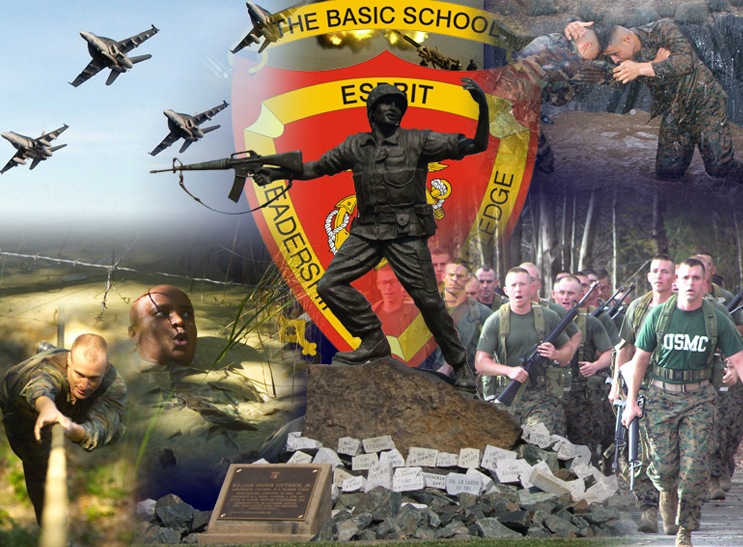


|
Nathaniel Fick does an excellent job
chronicling his pilgrimage from Officer Candidate School (OCS, 1998), to The
Basic School (TBS), to Infantry Officer School, to the fleet, to Afghanistan
(2001), to Marine Recon, to Iraq (2003), to civilian life.
| |
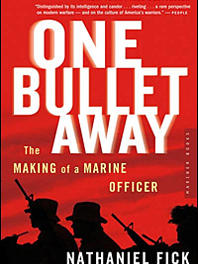
|

TBS Web page
Class Report Date Start Date Graduation
Echo 5-11 Jun 07, 2011 Jun 20, 2011 Dec 14, 2011
Fox 6-11 Jul 05, 2011 Jul 18, 2011 Jan 26, 2012
Golf 7-11 Aug 16, 2011 Sep 06, 2011 Mar 07, 2012
Alpha 1-12 Oct 18, 2011 Oct 31, 2011 May 09, 2012
Bravo 2-12 Dec 16, 2011 Jan 09, 2012 Jul 03, 2012
Charlie 3-12 Mar 06, 2012 Mar 19, 2012 Sep 12, 2012
Delta 4-12 Jun 05, 2012 Jun 18, 2012 Dec 12, 2012
Echo 5-12 Jul 05, 2012 Jul 16, 2012 Jan 23, 2013
Fox 6-12 Sep 04, 2012 Sep 17, 2012 Mar 27, 2013



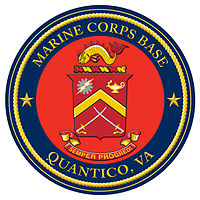

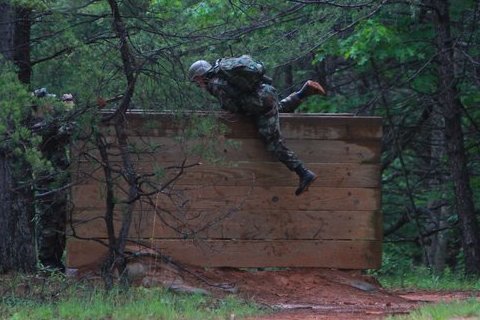 Following the successful completion of Rifle Week, the lieutenants of Charlie
Company began their training in the Marine Corps Martial Arts Program (MCMAP).
Drawing inspiration from a number of different martial arts styles, MCMAP seeks
to equip Marines not only to prevail in hand-to-hand and close quarters combat,
but also to be better and more confident leaders. Instruction in MCMAP is
predicated upon growth in three core disciplines: Mental, Physical, and
Character. The development of the mental aspect of MCMAP stresses situational
awareness, decision making, and threat assessment. It also includes "Warrior
Studies," in which Marines discuss the achievements of warriors who showed
exemplary service on the battlefield. The physical aspect of MCMAP includes the
development of strength and muscular endurance, as well as familiarizing
Marines with MCMAP techniques. Character development involves the discussion of
ethics, morality, and the Marine Corps core values of honor, courage, and
commitment.
Following the successful completion of Rifle Week, the lieutenants of Charlie
Company began their training in the Marine Corps Martial Arts Program (MCMAP).
Drawing inspiration from a number of different martial arts styles, MCMAP seeks
to equip Marines not only to prevail in hand-to-hand and close quarters combat,
but also to be better and more confident leaders. Instruction in MCMAP is
predicated upon growth in three core disciplines: Mental, Physical, and
Character. The development of the mental aspect of MCMAP stresses situational
awareness, decision making, and threat assessment. It also includes "Warrior
Studies," in which Marines discuss the achievements of warriors who showed
exemplary service on the battlefield. The physical aspect of MCMAP includes the
development of strength and muscular endurance, as well as familiarizing
Marines with MCMAP techniques. Character development involves the discussion of
ethics, morality, and the Marine Corps core values of honor, courage, and
commitment.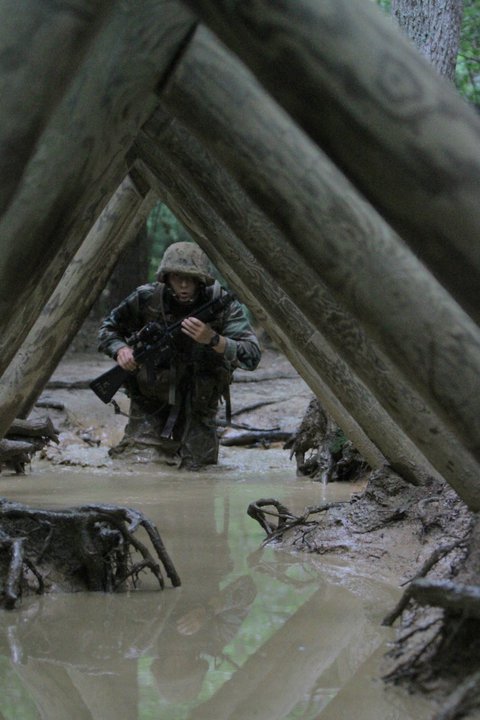 Proficiency in MCMAP is measured by belt levels, much like other martial arts
such as karate or taekwondo. The belt progression begins with tan belt, moving
up through gray, green, brown, and six degrees of black belt. During MCMAP
week, Charlie Company received entry level tan belt training. The tan belt
curriculum includes basic strikes (punches, kicks, and elbow and knee strikes),
bayonet and knife techniques, chokes, joint manipulations, and throws. In
total, over 50 different techniques were learned and mastered.
Proficiency in MCMAP is measured by belt levels, much like other martial arts
such as karate or taekwondo. The belt progression begins with tan belt, moving
up through gray, green, brown, and six degrees of black belt. During MCMAP
week, Charlie Company received entry level tan belt training. The tan belt
curriculum includes basic strikes (punches, kicks, and elbow and knee strikes),
bayonet and knife techniques, chokes, joint manipulations, and throws. In
total, over 50 different techniques were learned and mastered.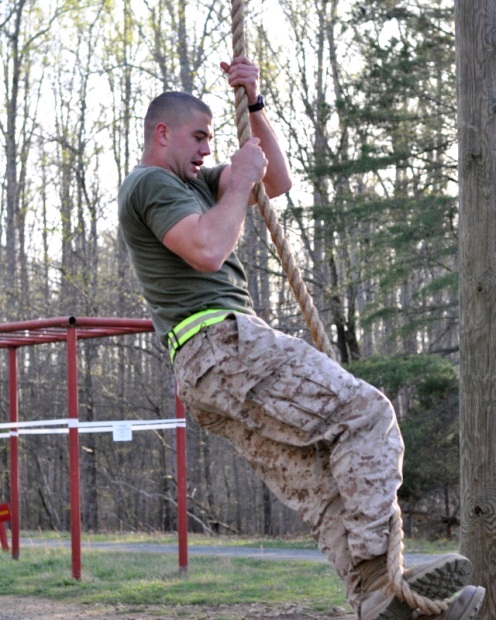 The purpose of combat conditioning is defined in the name itself. It is meant
to prepare your body for the physical rigors experienced in combat. The average
combat load per Marine is about 80 lbs. A combat load includes radios, weapons,
ammo, chow, water and any necessary gear needed for that mission. In any
mission, a Marine is expected to move quickly and efficiently with the extra
weight. That can include but is not limited to running, jumping, climbing, and
crawling. The list also includes being able to evacuate a fellow Marine with a
full combat load.
The purpose of combat conditioning is defined in the name itself. It is meant
to prepare your body for the physical rigors experienced in combat. The average
combat load per Marine is about 80 lbs. A combat load includes radios, weapons,
ammo, chow, water and any necessary gear needed for that mission. In any
mission, a Marine is expected to move quickly and efficiently with the extra
weight. That can include but is not limited to running, jumping, climbing, and
crawling. The list also includes being able to evacuate a fellow Marine with a
full combat load.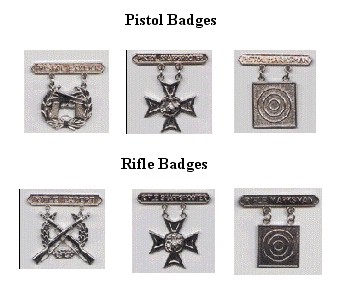 23 May 2012 ... An article by 2ndLt Davis in the Charlie Company monthly
newsletter ...
23 May 2012 ... An article by 2ndLt Davis in the Charlie Company monthly
newsletter ...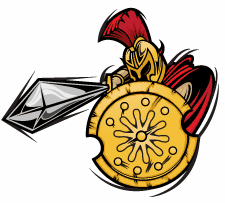 ... I left the Corps because I had become a reluctant warrior. Many
Marines reminded me of gladiators. They had that mysterious quality
that allows some men to strap on greaves and a breastplate and wade
into the gore. I respected, admired, and emulated them, but I
could never be like them. I could kill when killing was called for,
and I got hooked on the rush of combat as much as any man did. But
I couldn't make the conscious choice to put myself in that position
again and again throughout my professional life.
Great Marine commanders, like all great warriors, are able to kill that
which they love most - their men. It's a fundamental law of warfare.
Twice I had cheated it. I couldn't tempt fate again.
... I left the Corps because I had become a reluctant warrior. Many
Marines reminded me of gladiators. They had that mysterious quality
that allows some men to strap on greaves and a breastplate and wade
into the gore. I respected, admired, and emulated them, but I
could never be like them. I could kill when killing was called for,
and I got hooked on the rush of combat as much as any man did. But
I couldn't make the conscious choice to put myself in that position
again and again throughout my professional life.
Great Marine commanders, like all great warriors, are able to kill that
which they love most - their men. It's a fundamental law of warfare.
Twice I had cheated it. I couldn't tempt fate again.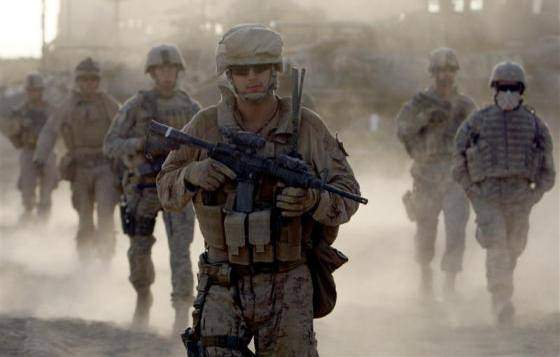 She paused, as if waiting for me to disavow the quote. I was
silent, and she went on. "We have a retired Army officer on our staff, and he
warned me that there are people who enjoy killing, and they aren't nice to be
around. Could you please explain your quote for me?"
She paused, as if waiting for me to disavow the quote. I was
silent, and she went on. "We have a retired Army officer on our staff, and he
warned me that there are people who enjoy killing, and they aren't nice to be
around. Could you please explain your quote for me?"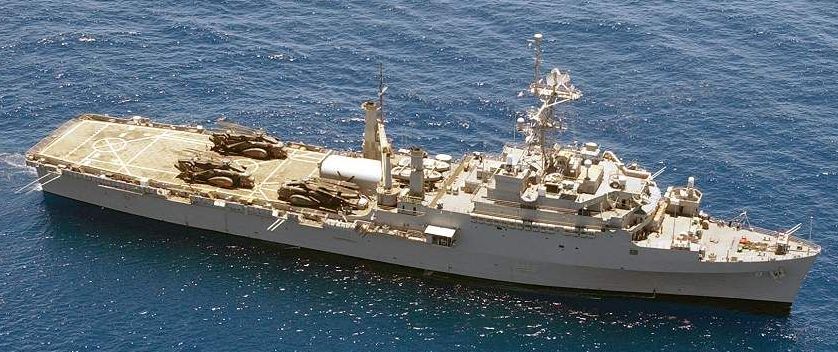
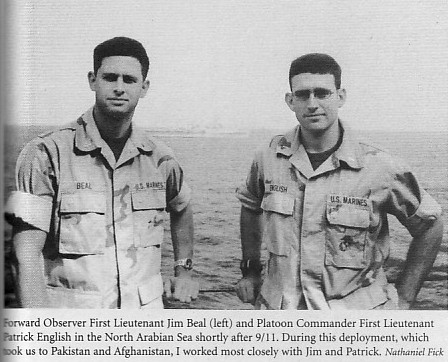 Marines crowded the flight deck. Only an hour after the attacks half
a world away, most the the Dubuque's sailors and Marines were already
back aboard and far more restrained than usual this late on a night
in port. My platoon milled around, clad in sandals and Hawaiian shirts.
No one spoke. On the stern, two sailors manned a machine gun. They
trained it on the cars depositing passengers at the gangplank. The
ship rumbled and smoked from its funnel. The Dubuque was making steam,
getting ready to sail.
Marines crowded the flight deck. Only an hour after the attacks half
a world away, most the the Dubuque's sailors and Marines were already
back aboard and far more restrained than usual this late on a night
in port. My platoon milled around, clad in sandals and Hawaiian shirts.
No one spoke. On the stern, two sailors manned a machine gun. They
trained it on the cars depositing passengers at the gangplank. The
ship rumbled and smoked from its funnel. The Dubuque was making steam,
getting ready to sail.